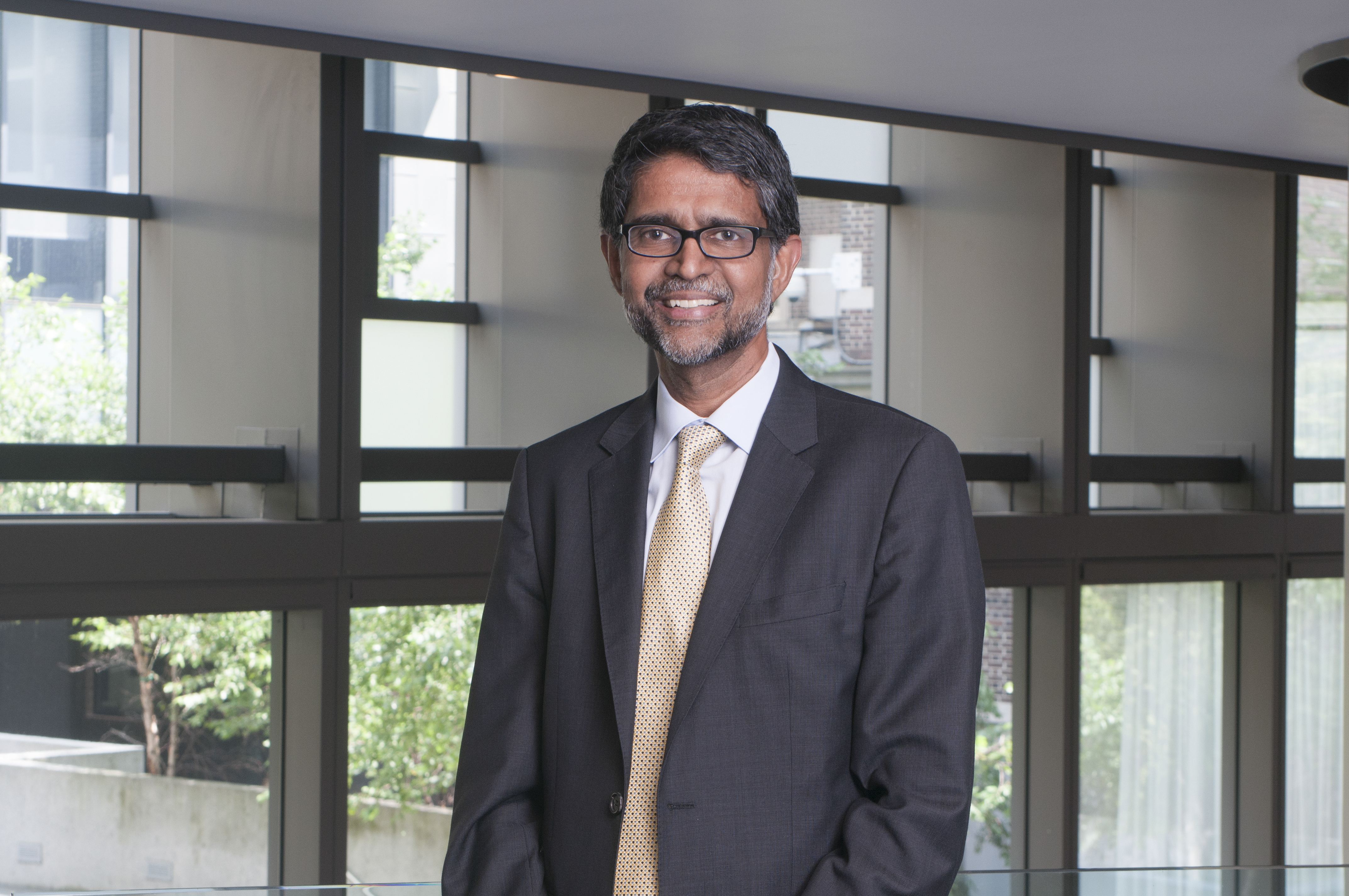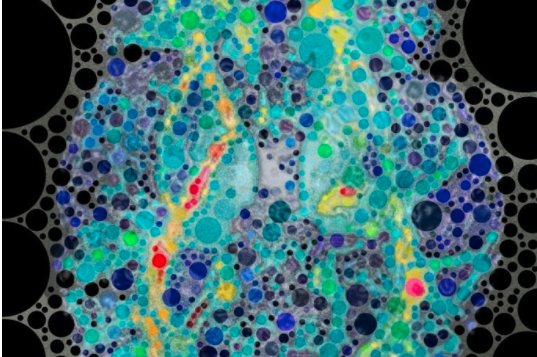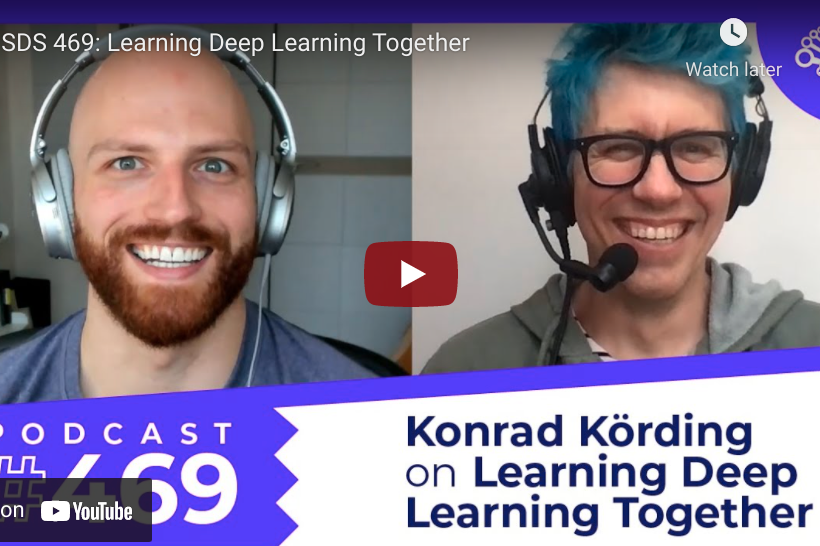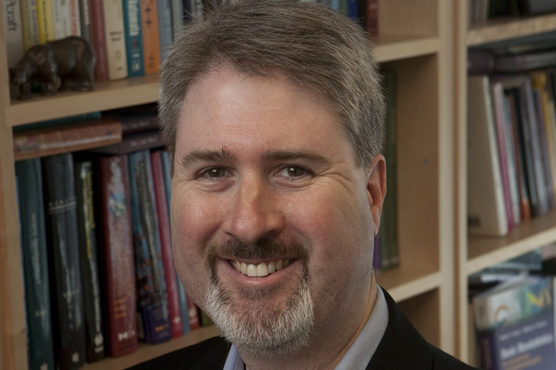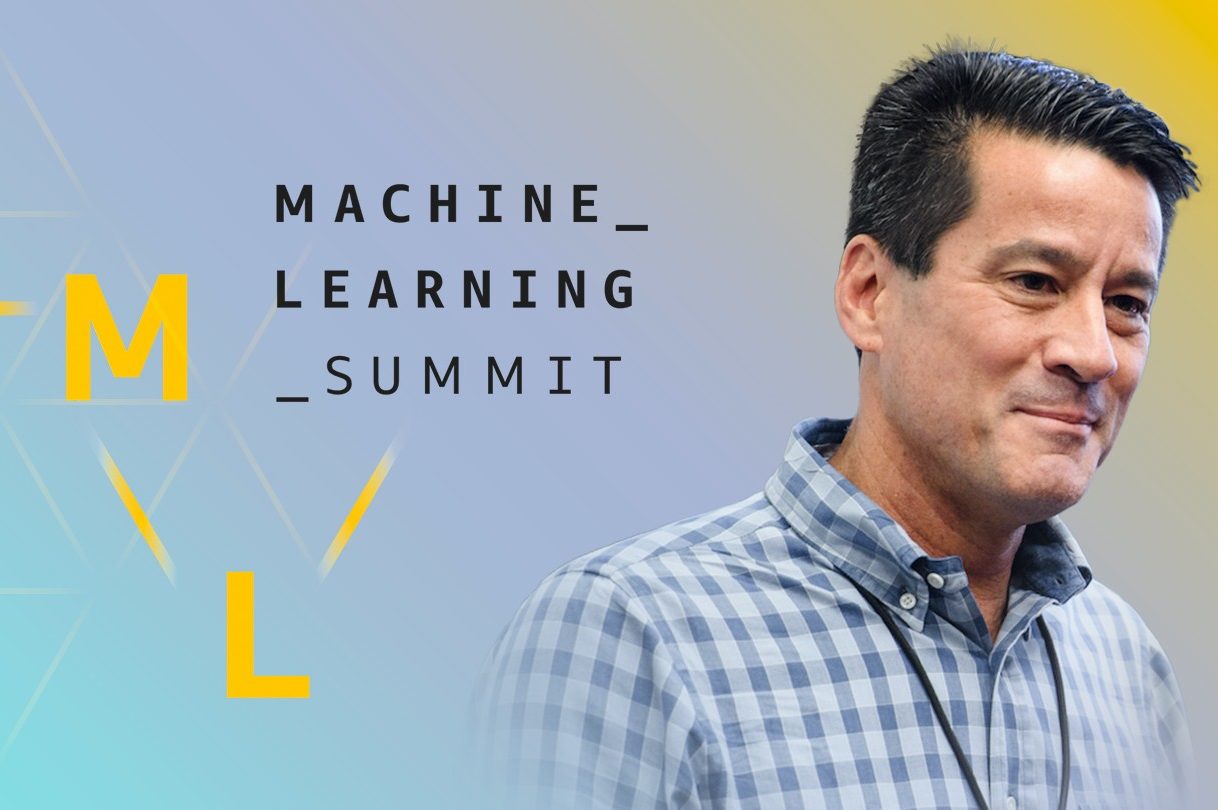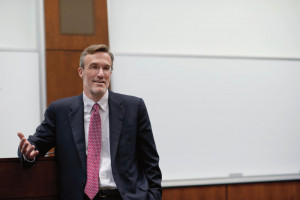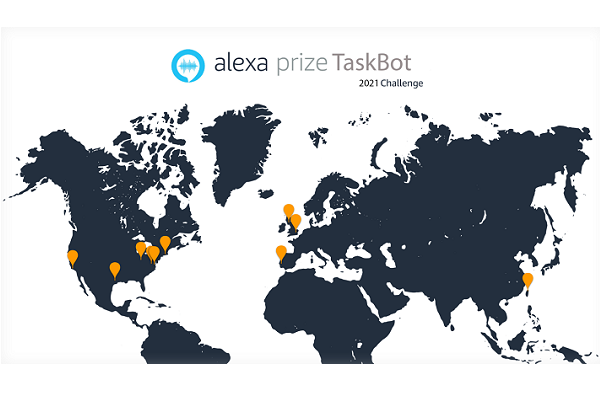
10 Teams Selected for the First Alexa Prize TaskBot Challenge
Chris Callison-Burch and his team at Penn were selected to participate in the Amazon Science Alexa Prize TaskBot Challenge, the first conversational AI challenge to incorporate multimodal (voice and vision) customer experiences. The year-long competition will conclude in May 2022.
